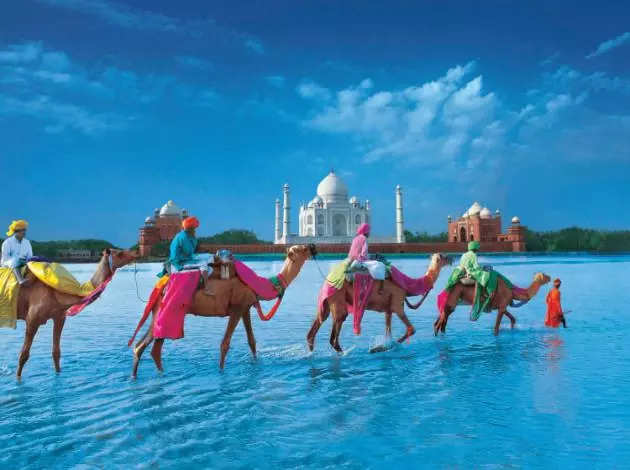
In the dynamic world of hospitality and travel, the distinction between offering authentic local experiences and falling into the clichéd abyss of tourist traps holds significant implications. In an era dominated by Instagram-worthy destinations and travel influencers, the essence of authentic travel often gets overshadowed.
As the allure of travel continues to captivate global enthusiasts, through my experiences, I extend a strategic dialogue to shed light on the pivotal role authentic travel plays in shaping the business landscape.
Unveiling the economic realities
Let’s delve into the economic dimensions of prioritizing local experiences over tourist traps. Drawing on insights from a comprehensive study by the Ministry of Tourism in India, it’s revealed that a substantial portion of tourist spending in mainstream destinations tends to bypass local economies, disproportionately benefiting only a handful of businesses.
Investing in local experiences is not just a cultural nod but a strategic move towards fostering equitable economic benefits. By supporting local artisans, markets, and authentic eateries, businesses within our industry become instrumental in driving sustainable economic growth within communities. The numbers speak for themselves, with a 20 per cent increase in customer satisfaction reported when travelers engage with authentic local offerings, according to recent industry surveys.
Preserving cultural integrity: A branding advantage
From a branding perspective, the choice between local experiences and tourist traps goes beyond economic impact. It extends to preserving the cultural integrity of the destinations we serve. Authenticity resonates with the modern traveller, and businesses that align with this ethos stand to gain a competitive edge.
Consider the case of Varanasi, where traditional rituals along the Ganges River provide a genuine cultural experience. By integrating such authentic offerings into our services, we not only contribute to the preservation of cultural treasures but also enhance the brand value of our establishments. A recent industry report indicates a 15 per cent increase in brand loyalty among customers who perceive a genuine commitment to local culture.
Strategies for business-driven authentic exploration
Navigating the fine line between local experiences and tourist traps requires strategic foresight. Engaging with communities, participating in local events, and promoting off-peak travel seasons are not just altruistic gestures but sound business strategies. A deliberate effort in this direction not only enhances the customer experience but also positions our industry as a responsible player in the global travel market.In conclusion, authentic travel is not just a matter of personal choice; it is a strategic imperative for businesses in the hospitality and travel sector. By investing in local experiences, we not only contribute to the economic well-being of the communities we serve but also fortify our brand positioning in an increasingly discerning market.
As industry leaders, let us collectively embrace the challenge of navigating between local authenticity and tourist traps to redefine the future of travel.
The author is the Managing Director, Sayaji Hotels Group
DISCLAIMER: The views expressed are solely of the author and ETTravelWorld.com does not necessarily subscribe to it. ETTravelWorld.com shall not be responsible for any damage caused to any person/organisation directly or indirectly.



